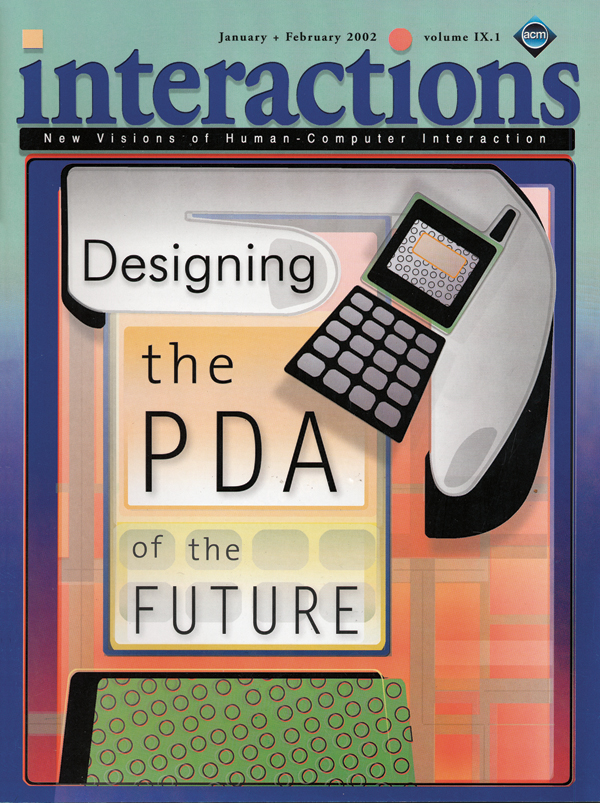Authors:
Steven Pemberton
I was reading an article recently in a European newspaper about experiments by some European electricity providers (Power Utilities) to provide broadband internet connections over the powerlines to your house.
The article discussed companies' existing advantagewires extending into everyone's homesand what this might mean for existing telecom providers, whether they are wired, cable or wireless.
What the article missed was what it would mean for the user. It won't just be another competitor forcing down prices and commoditising internet packets. It would mean a single network in your home. You could plug your computer into the mains supply, as you mostly have to do anyway, and you would be immediately connected to the internet.
But there's more: You could plug your TV into the mains and it would immediately be connected to the internet. And if the dream becomes a reality, and that connection is really broadband, you wouldn't need the cable anymore. You could plug your TV into any outlet anywhere in the house. If you already have broadband to your home, and have experimented with the currently available broadband stations on the net, you will know that it's already quite good; and with the equivalent of Moore's Law for network bandwidth doing its work (it doubles yearly), it will only get better.
And it doesn't have to be just TVs. Radios, stereos, telephones, your alarm clock, your electric oven, will all be able to use the internet if it will improve functionality or the user experience. Alarm clock: wake me three hours before my flight will actually leave, four if the roads are bad.
But there's more, which will work even if it doesn't reach broadband speeds (which it surely will). You may have noticed how over the last two decades ethernet interfaces have plummetted in price. It is not unusual anymore for one to be built into the machine. Just as modems have continued to drop in price (I recently bought a device that has a 2400 baud modem in it, for the equivalent of about $7), so will broadband interfaces continue to drop in price. When they drop to a couple of dollars, a light switch won't have to be physically connected to the light it controls anymore, but will just send a message to the local network, to be responded to as necessaryprobably by sending a message to one or more lights to switch themselves on.
©2002 ACM 1072-5220/02/0100 $5.00
Permission to make digital or hard copies of all or part of this work for personal or classroom use is granted without fee provided that copies are not made or distributed for profit or commercial advantage and that copies bear this notice and the full citation on the first page. To copy otherwise, to republish, to post on servers or to redistribute to lists, requires prior specific permission and/or a fee.
The Digital Library is published by the Association for Computing Machinery. Copyright © 2002 ACM, Inc.








Post Comment
No Comments Found